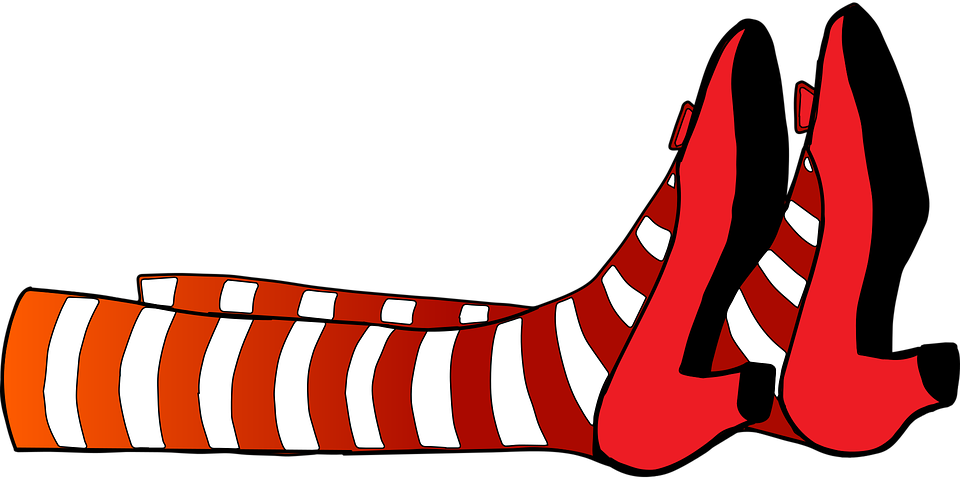Halloween costumes: they’re funny, they’re exciting, and they’re different from your average night out clothes. You can dress up as anything, it’s all one big fun party! Why then, are we still concerned about looking ‘too provocative’ on Halloween?
 For many people, Halloween appeals as an excuse to wear whatever they want. People who would not necessarily wear a sexy maid costume in their everyday lives think “go on then, it’s only pretending” and that’s fine. Whatever you’re comfortable doing, you can do. People who claim Halloween makes them ‘never want to have a daughter’ perpetuate the idea that Halloween costumes belong to the male gaze, and that women dress solely for the attention for others. I think not.
For many people, Halloween appeals as an excuse to wear whatever they want. People who would not necessarily wear a sexy maid costume in their everyday lives think “go on then, it’s only pretending” and that’s fine. Whatever you’re comfortable doing, you can do. People who claim Halloween makes them ‘never want to have a daughter’ perpetuate the idea that Halloween costumes belong to the male gaze, and that women dress solely for the attention for others. I think not.
What we have to consider is: why Halloween the only time of year people can get away with dressing like that? Why is it that dressing ‘provocatively’ is only appropriate at Halloween? This thinking highlights social assumptions about sexy outfits in our society, that maybe we pretend we’re too socially-developed to talk about. I don’t think it’s the only day of the year when people can dress provocatively, but maybe it’s the one day people feel they can do it with less judgment.
Nothing is being solved because really, the clothes aren’t the problem. It’s the way society projects its restrictive views of people onto the things they wear.
We all know the narrative: stop tackling women for dressing sexy, stop attacking people for expressing themselves through clothing. We keep discussing this over and over, yet my friends and I still worry we look too provocative when we go out. Nothing is being solved because really, the clothes aren’t the problem. It’s the way society projects its restrictive views of people onto the things they wear. Provocative doesn’t always look like a woman in a short skirt. It can include anyone who feels uncomfortable in what they love wearing, for fear of attracting unwanted attention. To provoke is an active verb, yet the majority of the time the person looking provocative is the passive person on the situation. It’s unfair to put this label on people who aren’t doing anything wrong.
We shouldn’t have to listen to people who make judgements, but there is an issue: its not safe to ignore these things. If we block out these people, we leave ourselves vulnerable to their actions. We have to listen to these oppressive narratives, both to challenge them and to teach ourselves how to stay safe. It’s not dressing provocatively that’s the issue; it’s the people who get aggressive over it. We shouldn’t have to keep talking about this and giving a platform to such belligerent people, but it’s important that we do in order to keep ourselves safe and aware.
Georgia Thompson

